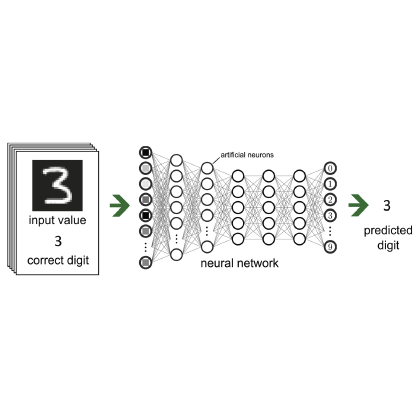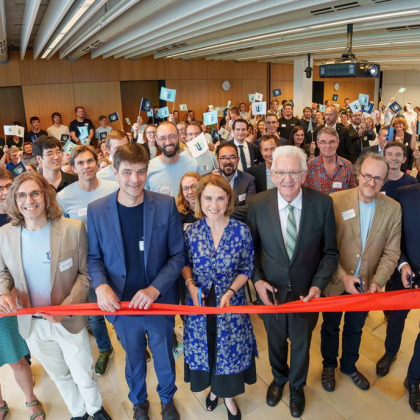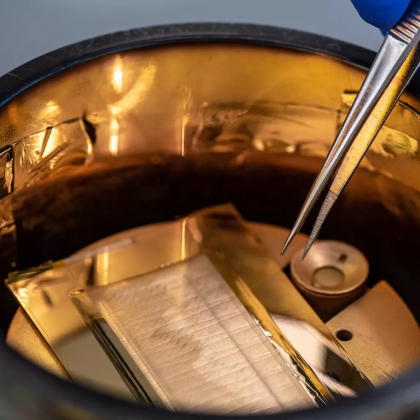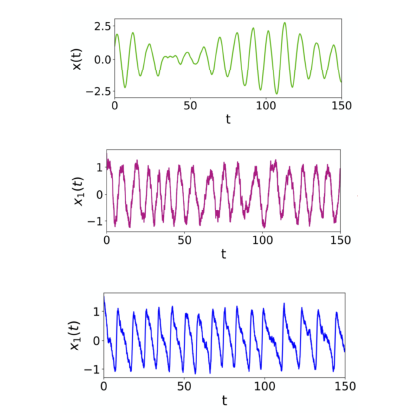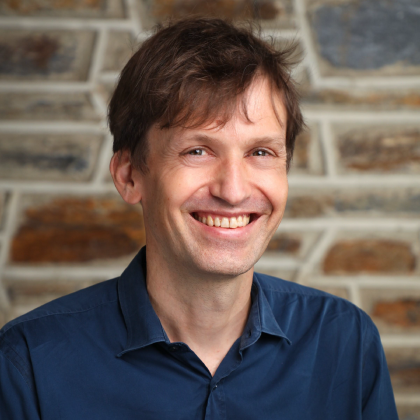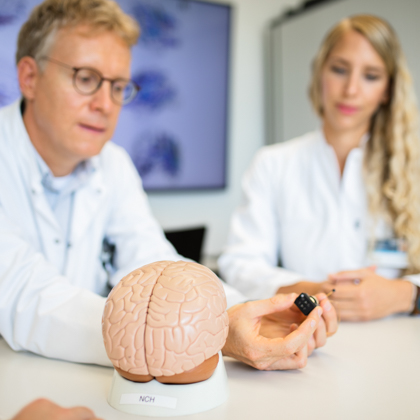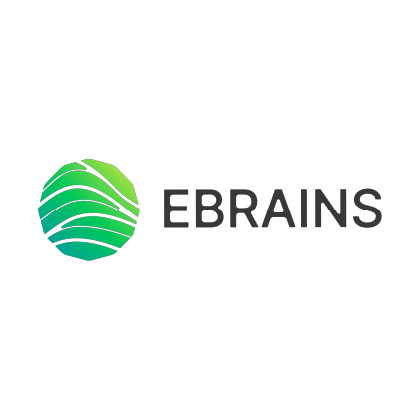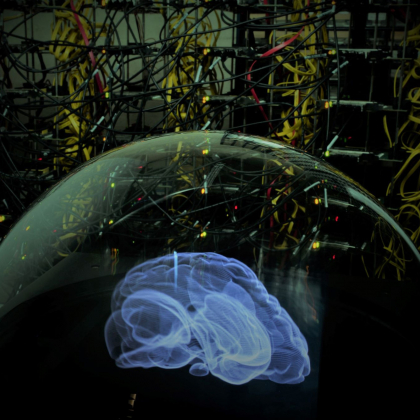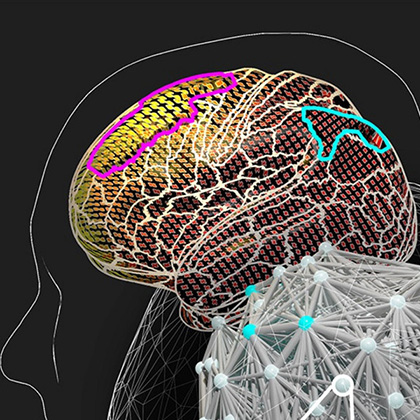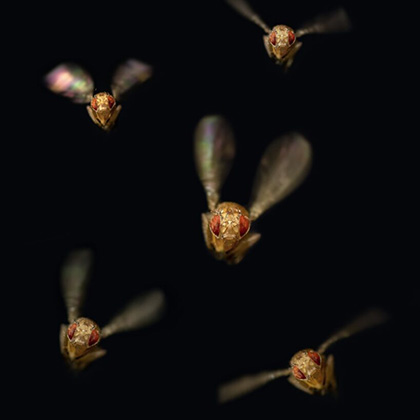Bernstein Network News. Find the latest news from our researchers regarding current research results, new research projects and initiatives as well as awards and prizes.
Looking deep into the Network
Artificial neural networks are everywhere in research and technology, as well as in everyday technologies such as speech recognition. Despite this, it is still unclear to researchers what is exactly going on deep down in these networks. To find out, researchers at the Göttingen Campus Institute for Dynamics of Biological Networks (CIDBN) at Göttingen University, and the Max Planck Institute for Dynamics and Self-Organisation (MPI-DS) have carried out an information-theoretic analysis of Deep Learning, a special form of machine learning. They realised that information is represented in a less complex way the more it is processed. Furthermore, they observed training effects: the more often a network is "trained" with certain data, the fewer “neurons” are needed to process the information at the same time. The results were published in Transactions on Machine Learning Research.
National Research Center for cutting-edge AI research in Tübingen celebrates inception
On Tuesday, July 18, 2023, the Tübingen AI Center held a symposium to celebrate its permanent establishment as a national AI center. Since July 1, 2022, it has received 20 million euros a year in funding from the federal government and the state. Around 250 guests from the fields of science, industry and politics took part in a varied program which included speeches from politicians, researchers and AI start-ups as well as initiatives introducing children and young people to Artificial Intelligence.
4D printing for nerve stimulation
Specific nerves may be stimulated artificially, for example to treat pain. The finer the nerves, the more difficult it is to attach the required electrodes. Researchers at the Technical University of Munich (TUM) and NTT Research have now developed flexible electrodes produced with 4D printing technology. On contact with moisture, they automatically fold and wrap themselves around thin nerves.
PNAS publication: A universal description of stochastic oscillators
What do the beating of the human heart, the flashing of fireflies in a field, and the swinging of children on a playground have in common? They are all examples of rhythmic processes oscillations that occur spontaneously. Oscillations can be found everywhere, and arise from many different underlying physical, chemical, or biological mechanisms.
Nicolas Brunel receives the Valentin Braitenberg Award for Computational Neuroscience 2023
Nicolas Brunel receives this year's Valentin Braitenberg Award for Computational Neuroscience for his “pioneering work opening new perspectives in coding optimization, memory, and dynamics” (the award committee). The award ceremony will take place during the Bernstein Conference on September 27, 2023, in Berlin.
How the brain processes numbers
Measuring human brain activity down to the cellular level: until now, this has been possible only to a limited extent. With a new approach developed by researchers at the Technical University of Munich (TUM), it will now be much easier. The method relies on microelectrodes along with the support of brain tumor patients, who participate in studies while undergoing “awake” brain surgery. This enabled the team to identify how our brain processes numbers.
The Bernstein Network joins EBRAINS
On February 16, 2023, the Bernstein Network Computational Neuroscience became an associate member of EBRAINS.
A Step Towards Next-Generation Neuroscience Simulators
The group of Tobias Gemmeke at RWTH Aachen University has developed a highly flexible framework neuroAIˣ
Intelligent brains take longer to solve difficult problems
Do intelligent people think faster? Researchers at the BIH and Charité – Universitätsmedizin Berlin, together with a colleague from Barcelona, made the surprising finding that participants with higher intelligence scores were only quicker when tackling simple tasks, while they took longer to solve difficult problems than subjects with lower IQ scores. In personalized brain simulations of the 650 participants, the researchers could determine that brains with reduced synchrony between brain areas literally “jump to conclusions” when making decisions, rather than waiting until upstream brain regions could complete the processing steps needed to solve the problem. In fact, the brain models for higher score participants also needed more time to solve challenging tasks but made fewer errors. The scientists have now published their findings in the journal Nature Communications.
Theoretical biologists uncover novel mechanism for flight control in fruit flies
Researchers at the Institute for Theoretical Biology at Humboldt Universität have solved a long-standing mathematical puzzle about the emergence of electrical activity patterns during insect flight. Together with colleagues at the Johannes Gutenberg University in Mainz, they report a novel function for electrical synapses in governing the flight of fruit flies in the current issue of Nature.



